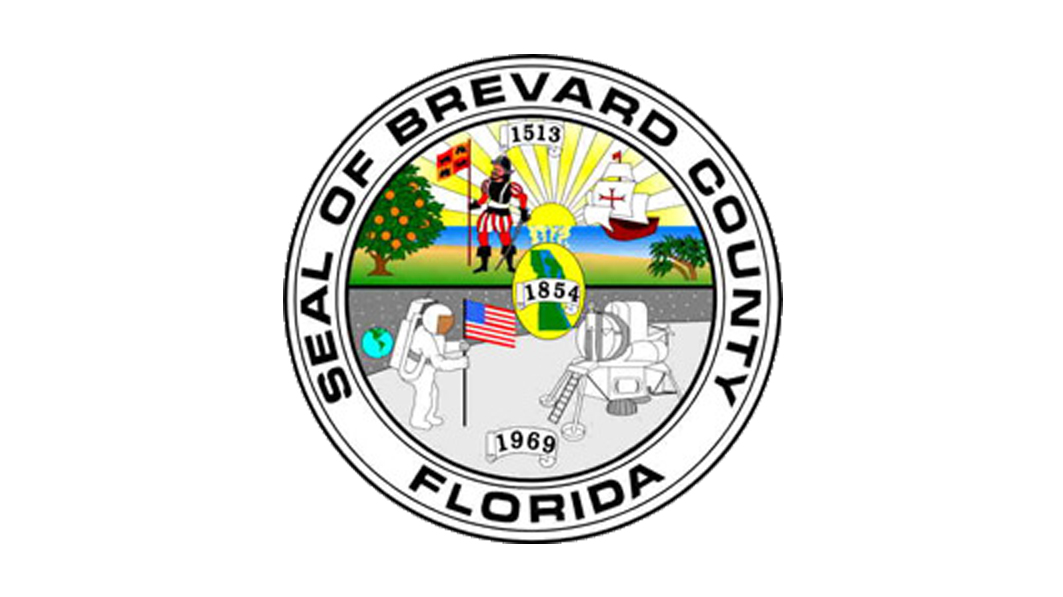“We need go no further today than to say this: in selecting invocation speakers, the Commissioners may not categorically exclude from consideration speakers from a religion simply because they do not like the nature of its beliefs.” With that, the 11th U.S. Circuit Court of Appeals struck down the Brevard County, Florida prayer policy that favored the selection of Christian, Jewish, and Muslim speakers over other religions to offer invocations at the beginning of commission meetings.
The challenge was brought by a group of atheists and secular humanists who felt excluded from the selection process.
“Legislative prayer” at the beginning of government meetings is a practice that the U.S. Supreme Court has previously examined. Both times the practice was upheld as in keeping with the First Amendment as well as the history and traditions of our country. It is still a hot issue, however, because individual cases can involve different facts that result in different First Amendment conclusions.
For example, recently another federal court, the D.C. Circuit Court of Appeals, affirmed the right of the chaplain of the U.S. House of Representatives to deny a request from a potential guest chaplain—an atheist—to offer a “non-religious” invocation to begin the House’s daily proceedings. At first blush, the two cases would appear to contain similar facts but different outcomes, a “circuit split” which usually portends a trip to the U.S. Supreme Court to sort out.
But perhaps not. In the Florida case, although the challenge to the county’s prayer policy was brought by a group of secular humanists and atheists (similar to the facts in the House of Representatives case), the 11th Circuit never quite reached the question whether the county must allow secular invocations. It found the county’s selection process was slanted toward certain monotheistic religions and actively disfavored others.
“Thus, for example, some of the Commissioners and former Commissioners have testified unambiguously that they would not allow deists, Wiccans, Rastafarians, or, for that matter, polytheists to deliver prayers,” the court’s opinion reads. “And that they would have to think long and hard before inviting a Hindu, a Sikh, or a follower of a Native American religion. Nothing could be clearer from this record than that more than a few of the Commissioners rejected speakers based squarely on the nature of the religious beliefs they held. … As a result, we have no occasion to reach further constitutional questions, including whether atheists and secular humanists must be allowed to deliver non-theistic invocations.” (emphasis added)
The most recent U.S. Supreme Court decision on legislative prayer, Town of Greece v. Galloway, made clear that as long as the local government’s invocation policy was to look for a diversity of religious speakers, it didn’t matter that in practice the vast majority of those speakers turned out to be Christians. In the Brevard County case, however, the policy was intentionally exclusionary from the beginning. And that made all the difference, according to the 11th Circuit.
There’s no word yet whether Brevard County intends to appeal the decision.
The case is Williamson v. Brevard County.






